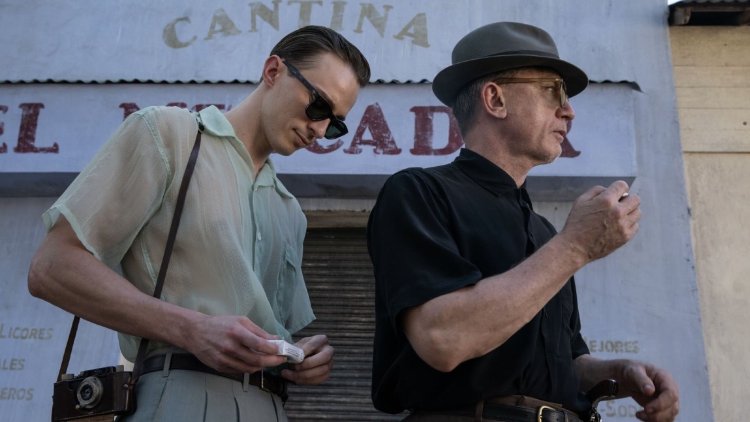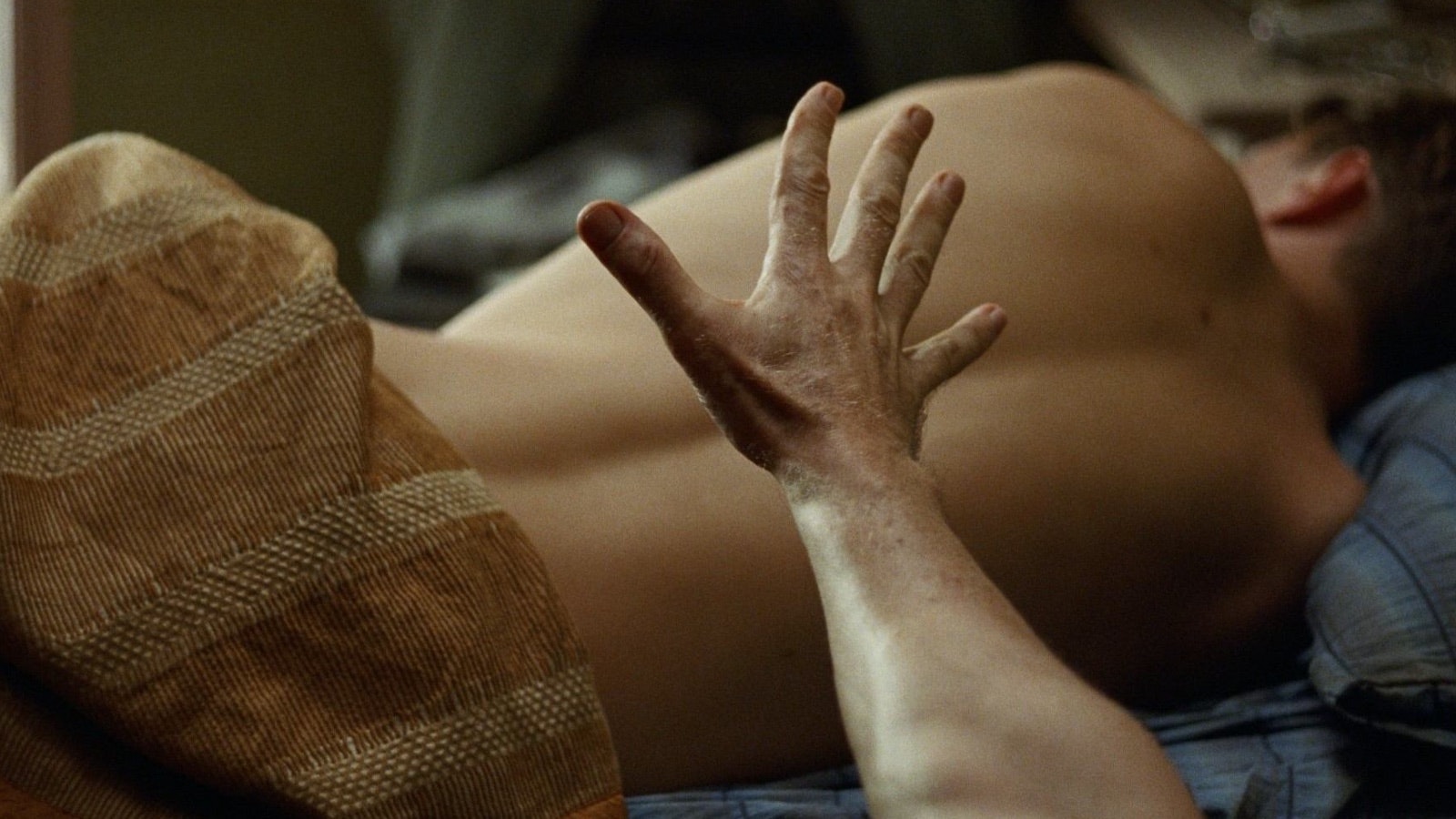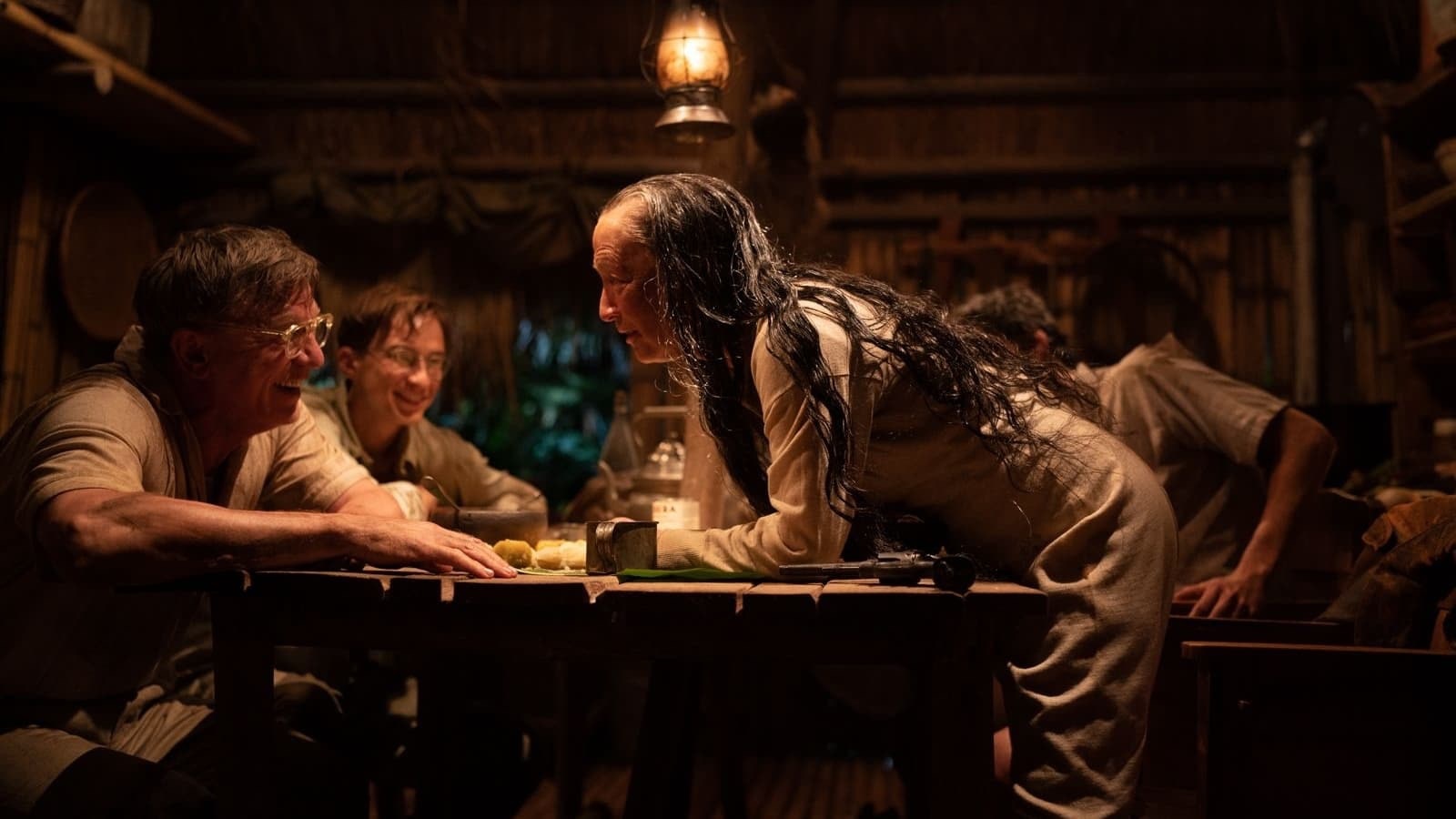Queer
A mere nine months after the triumphant Grand Slam of Challengers, director...

A mere nine months after the triumphant Grand Slam of Challengers, director Luca Guadagnino is back again. Queer is a very different beast to his earlier, tennis-based ménage à trois: less straightforwardly entertaining, murkier and messier in its intentions and approach. But it has all of his recurring themes and obsessions: sex and desire and longing and melancholy. It’s also perhaps almost too woozy for its own good.

Challengers writer Justin Kuritzkes reunites with his director to (loosely) adapt the novella of the same name by writer William S. Burroughs. Less subversive than Burroughs’ most famous work, Naked Lunch, in Guadagnino and Kuritzkes’ hands it becomes more intensely personal, leaning into the book’s autobiographical elements, an unorthodox tribute to the Beat Generation hero.
Queer may not be Guadagnino's best film, but it is arguably the most him.
Daniel Craig — eagerly finding distance from Bond with every role he’s taken since hanging up his Walther PPK — is phenomenal as Burroughs surrogate William Lee, an American expat in the gay-cruising haven of Mexico City. (Interestingly, the era’s homophobia exists only as an ambient hum.) Though impeccably stylish in period-appropriate summer-casual linen by costume designer Jonathan Anderson, Lee is awkward and vulnerable and boyish — traits only amplified when he meets Eugene Allerton (Drew Starkey), a handsome younger man. Their first encounter, soundtracked to Nirvana’s ‘Come As You Are’ — a genius needle-drop, in more ways than one — pulsates with suspense, Lee subsequently pursuing him with a hunger that becomes desperation. Allerton’s beauty and poise somehow throw Lee off his centre; Guadagnino is skilled at finding tension in these early encounters, sexual or otherwise.

The film starts to falter when they leave the safe climes of Mexico City on an ill-advised trip to South America. Lee doesn’t seem to know where he stands with the enigmatic Allerton, and for a minute, it feels like we as an audience don’t either. The film teeters on its own axis, its dreamlike fuzziness nearly overwhelming. Itching to establish if Allerton is truly queer, Lee journeys into the jungles of Ecuador on a hunt for the psychedelic drug ayahuasca, hoping it will unlock the secrets of telepathy — an extreme response to what he perceives as the tyranny of private minds.
That hunt reaches a surreal climax with an unrecognisable, unforgettable performance from Lesley Manville as an eccentric shaman — minor in screentime but major in impact. These trippy third-act sequences, which see the two men’s bodies literally merging in front of our eyes, are freakish and yet oddly moving, heartbreaking, even. It feels like Guadagnino distilled: an erotic display of bodily hungers, underpinned by sadness. Queer may not be his best film, but it is arguably the most him.
What's Your Reaction?























